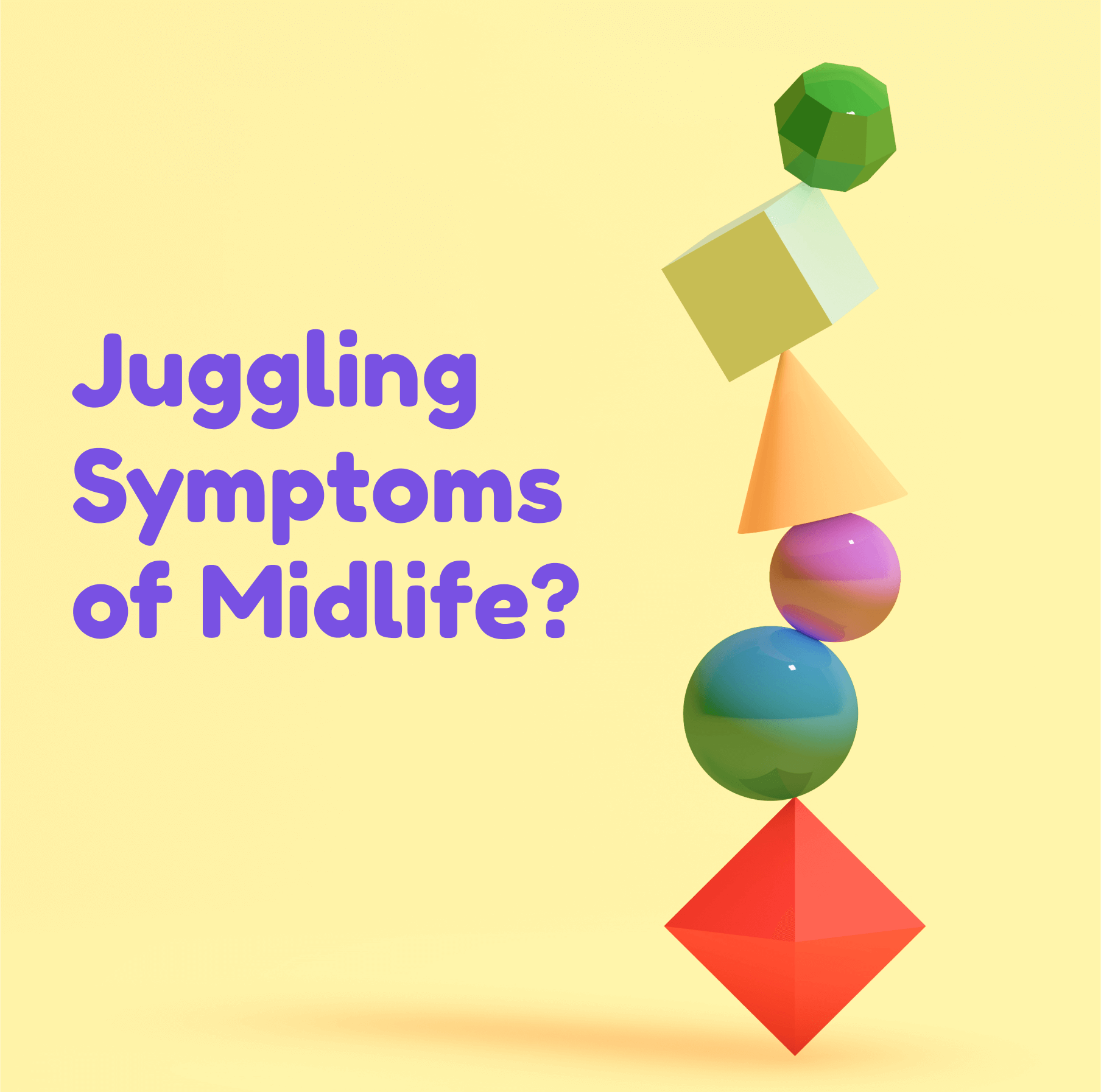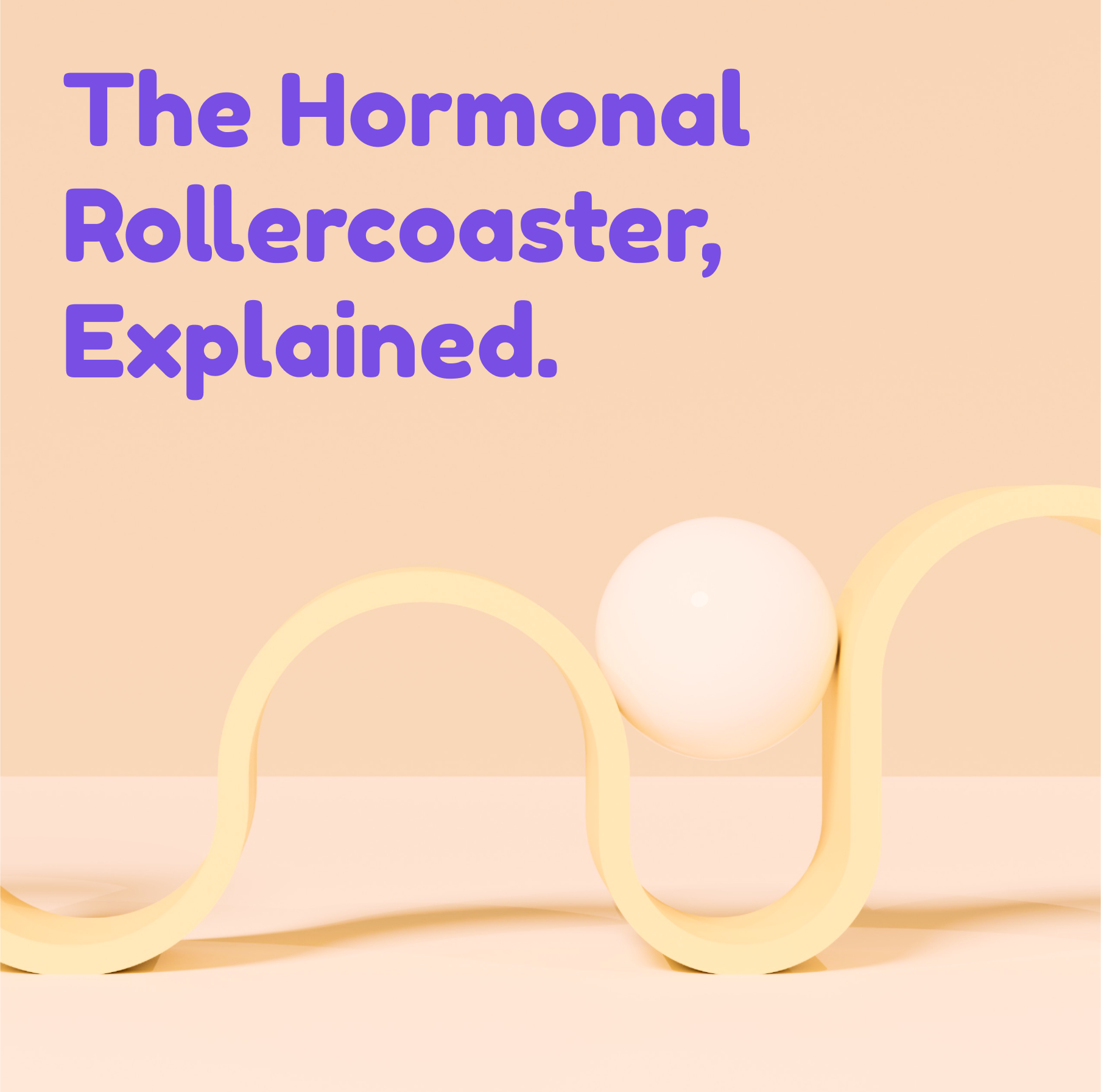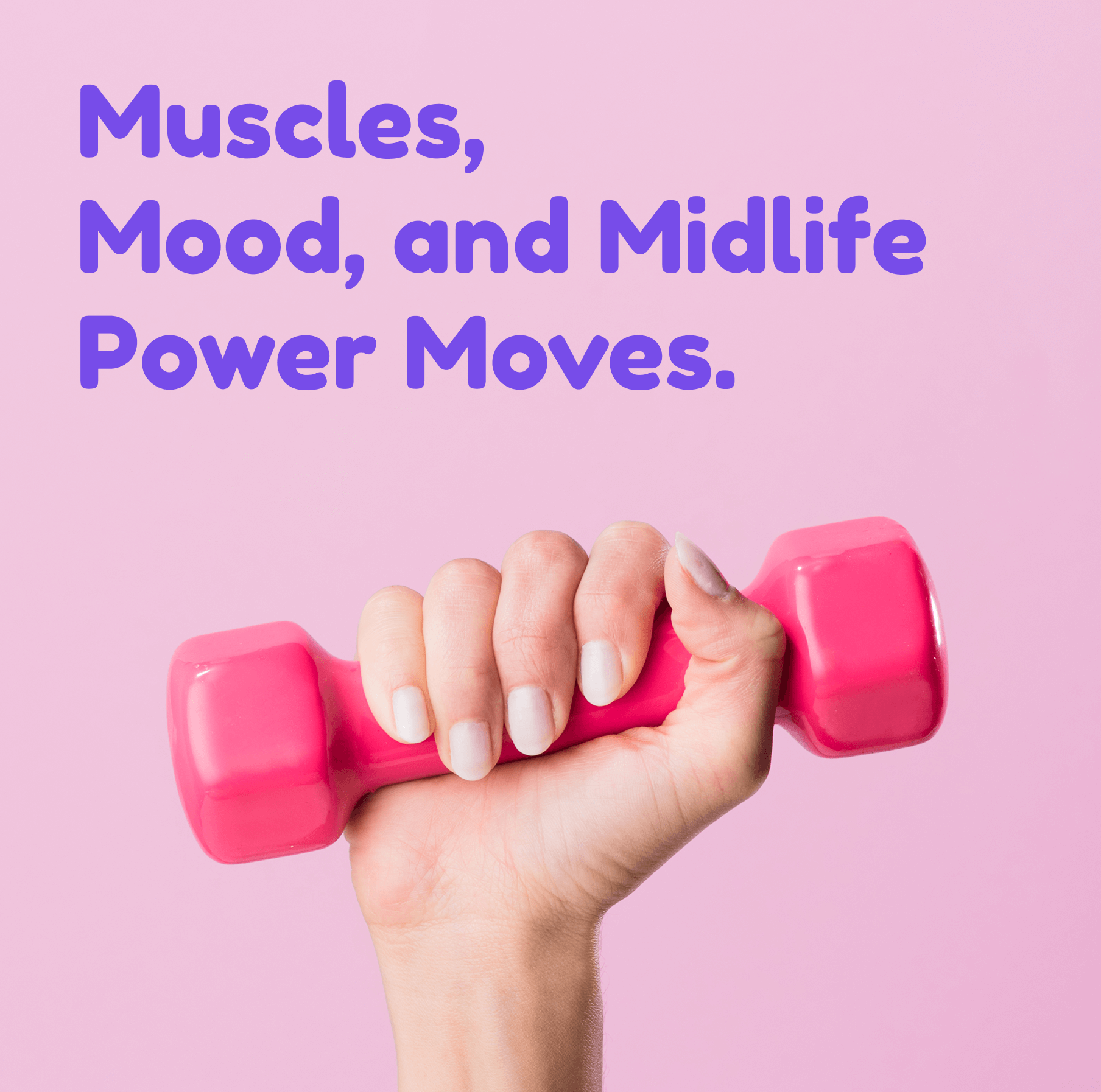
What is Menopause?
Menopause is one of life’s natural transitions—a time when menstrual periods stop, and your body adjusts to lower hormone levels. Whether you’re just beginning to notice subtle changes or are deep in the midst of hot flashes and mood swings, understanding what menopause is can help you feel more empowered and informed. In this article, we’ll walk through the basics, explore common symptoms, and offer practical advice for navigating this important phase of life.
Got questions? Ask Noor.
Understanding Menopause
Imagine this: You’re enjoying a cozy evening at home when suddenly a wave of warmth hits you out of nowhere—hot flashes, the notorious signature of menopause. But what exactly is menopause? At its simplest, menopause marks the end of menstrual periods. It occurs when the ovaries produce much lower levels of the hormones estrogen and progesterone. For most women, the average age of menopause is around 51, but it can vary widely. Some may experience early menopause or even premature menopause (sometimes due to primary ovarian insufficiency), while others may enter menopause later in life. This transition is more than just the cessation of menstrual periods. It also involves a cascade of physical and emotional changes. Although menopause is a natural part of aging, the journey can bring about unwelcome symptoms like hot flashes, mood swings, brain fog, fatigue, vaginal dryness, loss of libido, weight gain, and even, on rare occasions, vaginal bleeding after menopause—a sign that should prompt a consultation with your healthcare provider. For further insights on the science behind these changes, you might explore resources on sites like MedlinePlus or Wikipedia.
Symptoms and Stages
Menopause isn’t a single moment but a gradual transition that unfolds in distinct stages:
Perimenopause What Happens:
This is the lead-up to menopause. Hormone levels begin to fluctuate, and you might experience irregular cycles—sometimes your periods come closer together, and sometimes they seem to vanish for a while.
- Common Signs: Mood swings, unexpected irritability, and worsening pre-menstrual syndrome (PMS) Occasional brain fog or forgetfulness Hot flashes that make you reach for a fan and night sweats that contribute to insomnia Fatigue and diminished motivation Vaginal dryness, loss of libido and diminished ability to orgasm Weight gain accompanied by accumulation of fat around the midline, in particular changes in hormone levels as your body prepares for the next phase
Menopause Defining Moment:
Menopause is reached once you’ve gone 12 consecutive months without a period. At this point, the periods stop completely.
- Key Symptoms: Persistent hot flashes Increased mood swings Occasional night sweats and sleep disturbances Other perimenopausal signs and symptoms noted above.
- Health Note: While most women adjust well, some might notice issues like vaginal bleeding after menopause, which, although uncommon, should always be discussed with a doctor.
Postmenopause Life After Menopause:
This is the period following menopause. Although many of the severe symptoms may ease over time, others won’t, and persistent reductions in estrogen and progesterone levels can affect bone density and heart and brain health, potentially increasing the risk of osteoporotic fractures, heart disease, dementia, and other forms of cognitive decline.
What to Watch For: Regular checkups are recommended to monitor bone mineral density for osteoporosis and other conditions exacerbated by persistent menopausal deficiencies of estrogen and progesterone.
Managing Menopause: Practical Tips
Navigating menopause is a unique journey for every woman. Here are some practical tips to make the transition smoother:
Stay Active: Regular exercise not only helps maintain a healthy weight but also supports heart health and bone density. Activities like walking, swimming, or yoga can be beneficial. Adding a couple days per week of strength / resistance training is strongly encouraged.
Mind Your Diet: A balanced diet is key. Reach for real foods and aim for plenty of fruits and vegetables, and high quality proteins, including calcium-rich low carb dairy. Some women find that spicy foods can trigger hot flashes, so you might want to moderate your intake.
Prioritize Sleep: Establish a bedtime routine to improve sleep quality. Keeping your bedroom cool can help if you’re prone to night sweats. Properly formulated HRT can facilitate rejuvenating sleep, too.
Practice Stress Relief: Techniques like meditation, deep breathing, or even keeping a journal can help manage mood swings and reduce brain fog.
Regular Checkups: Staying in touch with your healthcare provider ensures that any unusual symptoms—such as vaginal bleeding after menopause—are promptly evaluated. For more detailed advice, sites like JustAnswer and Practice365 offer insights and community support.
Treatment Options
While menopause is a natural process, some of its symptoms can be managed with targeted treatments:
Hormone Therapy: Hormone therapy, sometimes known as hormone replacement therapy (HRT) or menopausal hormone therapy (MHT), is a common treatment for relieving menopausal symptoms such as hot flashes, mood swings, vaginal dryness, insomnia, and more. HRT can even help to prevent all to common menopausal weight gain and associated redistribution of fat around the mid-line (where it’s associated with a variety of chronic diseases). This therapy works by supplementing the hormones estrogen and progesterone that the body no longer produces in sufficient amounts. Some practitioners also supplement women symptomatic from other common menopausal / peri-menopausal hormonal deficiency states like low testosterone as the combination of progesterone, estrogen, AND testosterone can provide additional quality of life and health benefits to help a woman feel more like her normal self.
Benefits: Many women experience significant relief from symptoms, improved sleep, better overall mood, sense of well-being, and more. In addition, properly timed and managed HRT can prevent risk of major diseases, among them osteoporotic fractures, heart disease, dementia, colon cancer, and more.
Considerations: HRT isn’t for everyone. It is important to discuss the potential benefits and risks—like an increased chance of certain health conditions for someone with your medical history and symptom profile- with your healthcare provider before starting therapy. Non-Hormonal Treatments For those who prefer alternatives, there are other options: Medications: Certain antidepressants and other medications can help manage symptoms.
Lifestyle Changes: Adjustments in diet, exercise, and stress management can also be effective. Natural Remedies: Some find relief using supplements or herbal remedies. However, always consult with a professional before beginning any new treatment. Many reputable sites such as NIH.gov and iHerb.com offer additional perspectives on managing these symptoms.
Lifestyle Considerations
Menopause is not just a medical phase—it’s a lifestyle transition. As you reach menopause, consider these lifestyle modifications:
Embrace Change: It’s normal to feel a mix of emotions during this time. Some women even find humor in the unexpected quirks of menopause—like suddenly needing a fan in the middle of winter!
Stay Social: Keeping connected with friends and family can provide emotional support. Sharing experiences and tips can be both comforting and empowering.
Be Proactive About Health: In addition to regular checkups, pay attention to changes in your body. For example, if you experience any vaginal bleeding after menopause or severe mood swings, a quick consultation can make all the difference.
Educate Yourself: Understanding what menopause is and how it affects your body is the first step towards managing it effectively. Look for trustworthy information on sites like Bristol.ac.uk or DeniseAustin.com.
Looking Forward
Menopause marks the beginning of a new chapter—a time to rediscover yourself, embrace new challenges, and even celebrate the wisdom that comes with experience. While the physical changes, such as fluctuating hormone levels and hot flashes, can be challenging, they also signal that you have navigated a significant part of life’s journey.
Remember: What is menopause? It is a natural transition where the body adapts to new hormonal rhythms. It may come with unwelcome surprises like mood swings or occasional brain fog, but it also offers an opportunity to refocus on your health and well-being. Whether you opt for hormone therapy or choose a lifestyle-based approach, the key is to listen to your body and seek guidance when needed. With practical strategies, supportive communities, and reliable information from sites like MedlinePlus.gov and NHs.uk, you can turn this period of change into a period of empowerment.
In the end, menopause is more than a medical event—it’s a personal journey. With knowledge, preparation, and a touch of humor, you can embrace this transition confidently, knowing that there are great solutions to the challenges presented, and that every stage of life has its own beauty and strength.
Menopause is a shared experience for millions of women worldwide.
By understanding what menopause is and actively managing its challenges, you can alleviate suffering and enjoy a healthier, happier next chapter of life. Whether you’re adjusting your diet, experimenting with hormone therapy, or simply taking time to care for your mental well-being, remember that you are not alone. Embrace the change and let this be a time of growth and renewed vitality. For further reading and support, consider visiting trusted sources like Physio-Pedia.com and FemTechWorld.co.uk. They offer expert insights and community advice to help you navigate the menopause journey with confidence.



